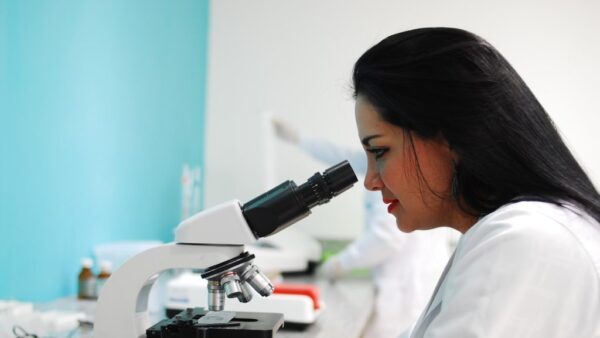
CETA negotiations are ongoing between Canada and Europe, and the Canadian seed industry remains unwavering in its commitment to streamlining trade.
Canada and the European Union have completed the ninth round of negotiations toward a Comprehensive Economic and Trade Agreement, and are still on track for concluding talks by the end of 2012, according to Stephen Denys, president of the Canadian Seed Trade Association.
“Both sides have said they’re committed to ending the negotiations this year,” says Denys. “Once the agreement is signed, each side will work to ratify the agreement, which will mean that Canada will have to pass legislation in order to meet the provisions of the agreement before it can be implemented.”
The importance of satisfactory agreements between both parties is clear. According to Statistics Canada, the EU is the second-largest source of foreign direct investment in Canada, with the stock of FDI evaluated at $148.7 billion at the end of 2010. Conversely, 23.6 per cent of Canadian investment abroad is directed at the EU.
CETA negotiations hold particular significance for the seed trade—the Canadian seed industry believes there is potential to increase exports to the EU, and chief among the industry’s negotiation goals is the elimination of tariffs and other barriers. “The EU and Canada both exchanged their second offers on tariff reduction, and Canada’s request to the EU still contains the request for the elimination of tariffs on grains, oils and special crops,” says Denys.
In an interview with Germination earlier this year, Agriculture and Agri-Food Canada emphasized Canada’s stance in the talks. “In the negotiations, Canada is committed to an ambitious outcome on tariff liberalization, including for cereals, pulses and seeds,” said an AAFC representative. “A future CETA would be expected to eliminate tariffs or make permanent current duty-free access into the EU for these products.”
The talks also hold significance, says Denys, in the area of biotechnology. “The agreement will include some sort of text on biotechnology,” he says. “The goal there is that the text includes an agreement regarding the approval process to ensure that it is science-based … which ensures things can be reviewed in a timely fashion.” Added to this, the agreement will contain text on low level presence, although the exact terms of the text have not been released.
“This is a feather in Canada’s cap—we’re fortunate as a seed industry and as farmers that we have a very highly-respected regulatory system, a science-based system that is very well regarded around the world. That puts us in good stead in terms of working with other countries.” —Stephen Denys
Science-Based
While the exact terms of the final document are still being forged, the Canadian seed industry remains hopeful that CETA will signal progress for Canada’s future role in international markets, and signal a significant boost to foreign trade.
The overall goal of the negotiations, says Denys, is to streamline trade. “The goal is to reduce or eliminate trade barriers. When we start talking about anything related to the seed, like biotechnology or seed treatment, long term our goal is to move toward synchronous approval, so that in Canada we have similar timing as the U.S. and Europe in terms of approval,” Denys says.
“Tied to that is a recognition for the science, so that other countries or areas accept the way we evaluate as part of our registration system. If we can come to an understanding and acceptance long term of each other’s evaluation system, it could streamline the process greatly.”
Denys is optimistic about Canada’s future status in the global seed trade, based on our long track record of using science-based regulatory policies. “This is a feather in Canada’s cap—we’re fortunate as a seed industry and as farmers that we have a very highly-respected regulatory system, a science-based system that is very well regarded around the world. That puts us in good stead in terms of working with other countries.”
Julienne Isaacs











